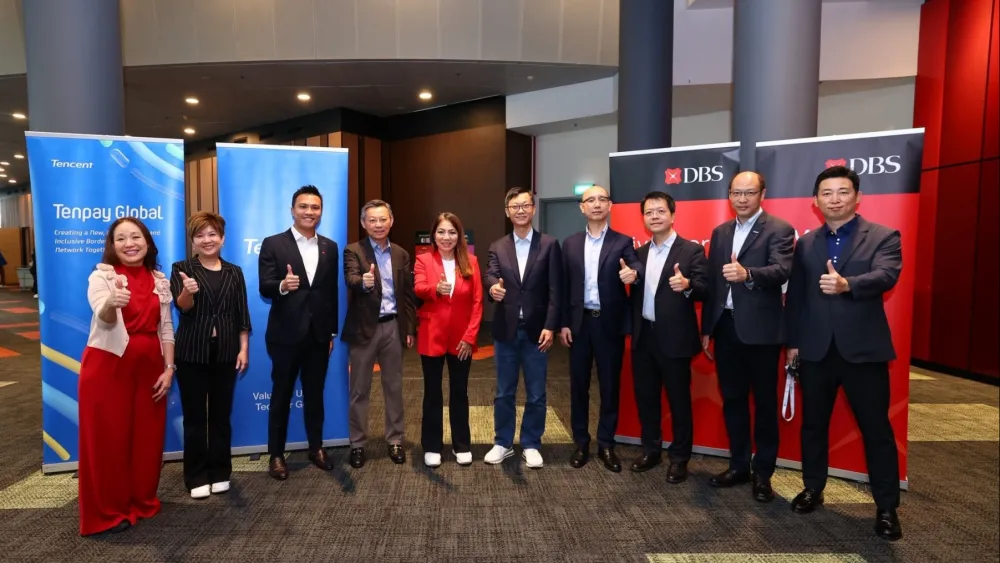The impact of fragmentation and complexity on AsiaPac banks
By Madalene SoonBanks across Asia Pacific continue to wrestle with issues surrounding corporate actions processing. Changes to the distribution of event notifications – often still inconsistent and fraught with delays that increase risk and operational costs – have long been overdue. However due to the fragmented nature of the Asia Pacific region, creating a standardized approach to overcome these problems is a significant challenge.
This is due to a lack of transparency into the different market practices in each jurisdiction as well as the region having no single regulatory body to steer discussions on developing an acceptable standard for use throughout Asia. This has resulted in different event interpretations and differing business practices and rules regarding event notifications.
Fragmentation is also an issue, in terms of the region’s geography and multiple languages and dialects. While some markets use English either as the primary
language or as a translation alongside the original language, making multiple languages machine readable for processing within the bank’s back office is a
challenge, particularly with some of the local character sets that some downstream systems struggle to understand.
Another factor affecting timeliness is the disparity between the various Asian economies and their market structures for issuing new announcements. While some markets, such as Australia, Singapore and India, provide an ISO-based service, not all markets currently cover all events in their intraday feed. Other markets, including Hong Kong and the Philippines, do not offer any ISO-based intraday dissemination of announcements.
These issues are being magnified due to an increase in corporate action volumes and complexity. Complexity has increased as the region develops economically, as a result of national and regional mergers and acquisitions, leading to more events. Firms in the region are also looking to access more markets with different domestic rules, processes and procedures. This creates a greater risk of error and generates challenges across the enterprise – from order management and pre-trade compliance, to clearing and settlement.
New types of corporate actions continue to emerge with a greater variety of mandatory and voluntary events. The use of sophisticated structured products and bundled instruments has made defining exposure much more complex, as each corporate action could have an impact not just on the issuer’s securities, but also on the underlying constituents of the security.
With firms under pressure to measure and report on various aspects of risk on an intra-day basis, and investors seeking reassurance that the value of their portfolios is constantly being monitored for the implications of events, there is an evolution in the way that corporate actions data is being used. Middle and front-office functions need to incorporate timely corporate actions to enable better-informed trading and investment analysis and decision making; it helps support globalinvestment strategies, reduces interpretation errors and enhances account and position monitoring.
To help overcome these issues will require greater cross-border coordination. We’ve already seen a precedent for this from the trading world through the establishment of the ASEAN link. A combination of exchanges, regulators, market participants and vendors working together to highlight the idiosyncrasies of local market practice and then devising a more standardised approach that works for all markets in the region would bring enormous benefits to all participants.
We are only at the beginning of that journey. However, market participants recognise the need for change, and I expect that over the next few years there will be a greater focus on bringing the Asia Pacific region together in order to achieve a more uniform approach to processing corporate actions.
This article is provided for information purposes only. Nothing herein should be construed as legal or other professional advice or be relied upon as such.
© Interactive Data Ltd 2013




















 Advertise
Advertise














